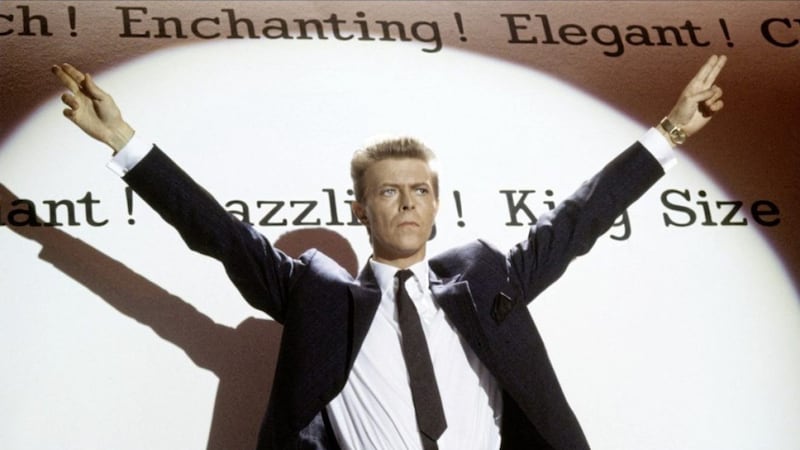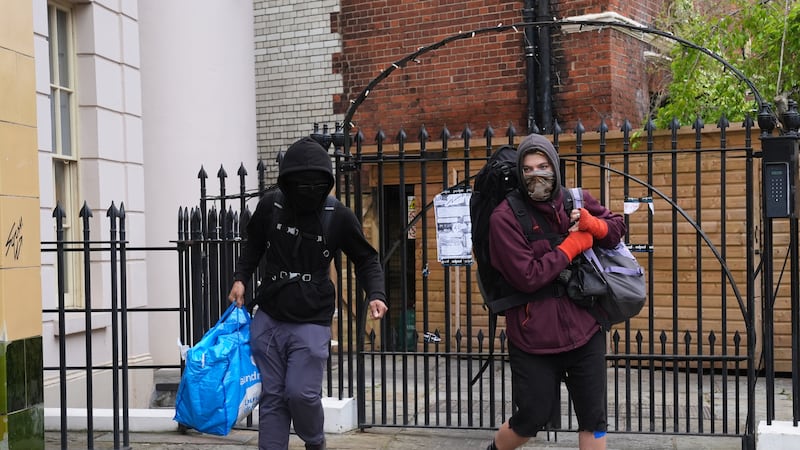Absolute Beginners
IT'S thirty five years since Julien Temple brought his sparkly musical version of Absolute Beginners to the big screen.
Normally such a landmark anniversary would be cause for critical applause, but though there is a rare celebratory screening and Q&A with the director lined up at the BFI on London's Southbank next month, that's not really the case here. In fact, there's still something about this 1986 take on the 1959 novel from Colin MacInnes that just doesn't feel quite right.
Maybe the weight of expectation was, and to a certain degree still is, too heavy. As a novel, Absolute Beginners was a sparkling mix of teen angst and historical reportage that raced through the hip and happening backstreets of 50s London, but also tapped into the discontent that resulted in the race riots of that era.
That rarest of things, a novel about youth culture that actually seems to understand the fast and fleeting sensations of that world and celebrate it rather than run it down, it's still a remarkable read that MacInnes delivered shot-through with a proto-mod sense of innate style and personal passion.
When Temple took that source material and turned it into something approximating a feature length pop video with highly stylised sets, dubious stage-friendly acting and a bubbling pop soundtrack so laden down with numbers the plot really hadn't time to draw breath, it was perhaps always destined to fail.
So, how does it hold up three-and-a-half decades on, and is the regrettable reputation it has failed to shake off in that time really justified?
Well, let's focus on the good stuff first shall we? That aforementioned soundtrack may be overstuffed with overproduced jazz soul filler but it does contain one solid gold masterpiece in the form of David Bowie's stunning title track. It's a simply unforgettable classic that's up there with the Thin White Duke's very finest recordings.
The less said about the same man's wildly over egged acting performance in the film as ad man Vendice Partners the better, though.
It's not all bad of course. Some of the many cameos, from the likes of Alan 'Fluff' Freeman and Lionel Blair, can still raise a smile as a lost English showbiz world is acknowledged on the screen.
The attempt to capture London in the late-50s fails flat throughout though. The unreal setting seems West End musical in flavour and everything feels like it's shot through an awful 80s filter that dissipates any impact the whirr of scooters and thump of bongos might have had.
Temple simplifies the storyline to zoom in on a bequiffed photographer (Eddie O'Connell) who hits the jazz clubs of Soho and falls in love with a hip party girl called Crepe Suzette (Patsy Kensit). Neither O'Connell or Kensit, who's playing a figure that was essentially peripheral in the book, are capable of carrying off the clothes they're wearing, never mind the entire film that their roles require of them.
It all felt flippant, forced and not fit to lace the boots of the book back in 1986 and it still feels that way today. Gotta love that Bowie tune, though.








